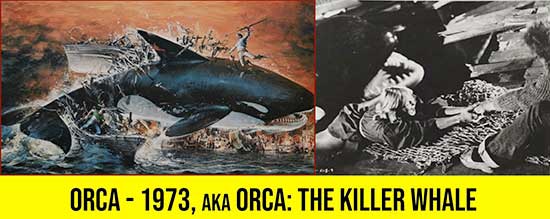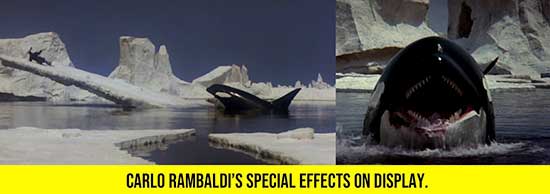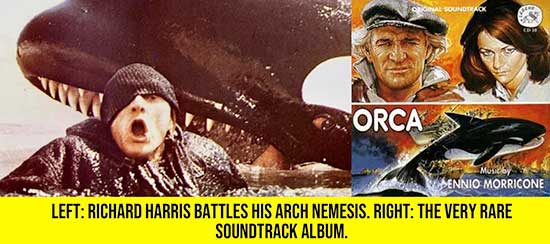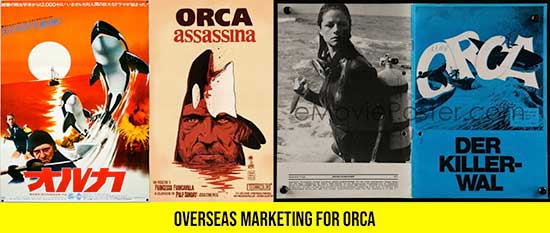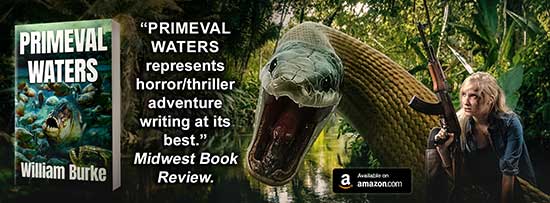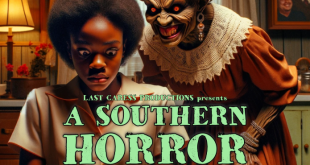Captain Nolan (Richard Harris), a financially desperate fisherman attempts to capture a live Orca in the hopes of selling it to a marine park. Sadly, he unwittingly kills a pregnant female. The dead Orca’s mate declares war on Nolan, pursuing him to a remote fishing village.
REVIEW:
It’s fair to say that all shark movies owe their existence to 1975’s Spielberg classic Jaws. But what’s surprising is how long the shark attack sub-genre has hung in there. Over the years we’ve gotten taught thrillers like Open Water, and silly movies done right like Deep Blue Sea and (surprisingly) Deep Blue Sea 3. On the down side, schlock producers have resorted to tweaking the formula to include prehistoric Sharks (Megalodon) multi headed sharks (Two Headed Shark Attack) and fish out of water tales (Sand Sharks) along with The Asylum’s seasonal forecast of Sharknados.
But the seventies and early eighties represented the golden age of Jaws knockoffs. That’s when enterprising Italian producers first smelled blood in the water, churning out films like The Last Shark, and Cruel Jaws. Most were cheap, subpar productions—the drive-in equivalent of click bait. On the plus side we got alternate animal epics like Grizzly and Piranha, both of which I quite enjoyed.
Legendary Italian producer Dino DeLaurentis wanted his own bite of the Jaws bonanza, but, unlike his fellow countrymen, Dino always did things on a grand scale. He demanded that his screenwriter deliver a sea beast more frightening than a Great White Shark. The result was Orca, the saga of a vengeful killer whale.
DeLaurentis spared no expense on Orca. First off, he cast Oscar nominated thespians Richard Harris (Unforgiven) and Charlotte Rampling (The Night Porter) in the lead roles. The Special effects were created by his long-time collaborator, Oscar winner Carlo Rambaldi (Close Encounters of the Third Kind). The film’s Moby Dick influenced script was written by Luciano Vincenzoni (The Good the Bad and the Ugly) with rewrites by Oscar winner Robert Towne (Chinatown). The locations and maritime filming are all top notch, lensed by Oscar winning, 007 cinematographer Ted Moore. A score by Oscar winner Ennio Morricone really put a bow on the whole affair. I mean that’s a lot of Oscars! This cinematic embarrassment of riches resulted in a film that keeps threatening to be great, but continuously sputters and stalls.
In this reverse Moby Dick tale, Richard Harris’s fisherman kills a pregnant Orca. Its bereaved mate declares a vendetta, following him to a Labrador, Canada fishing village and raising hell. If that sounds like the plot of Jaws: the Revenge… well it is. Meaning Universal Pictures actually produced a knock off of a knock off.
Orca’s biggest sin was luring audiences in with trailers and posters promising a Jaws style crunch and munch thriller. What they got was a subdued study of obsession, loss and revenge, equal parts Moby Dick and The Old Man and the Sea. Thanks to bad word of mouth, Orca did a box office bellyflop. Competing against 1977’s trifecta of Star Wars, Close Encounters of the Third Kind and Saturday Night Fever probably didn’t help.
The shark in Jaws was an animal following its instincts in a way that was believable and terrifying. This film’s vengeful Orca is a preternatural creature that follows Richard Harris back to a port full of tasty people. But instead of chowing down on the locals it elects to sink fishermen’s docked boats while chasing away the local fish. This is all part of its plot to lure Harris back out onto the water for a mano a mano duel, or mano a orca. Nice idea, but audiences don’t go to a killer shark (or whale) movie to witness a monster’s short term economic impact on a small fishing community.
Dino’s cavalcade of Oscar winners was so intent on making an emotionally sincere film, that they forgot to throw in the popcorn fun. The Killer Whale’s rampant vandalism and fixation on Richard Harris stretches credibility way past the breaking point. That’s really a shame because Harris gives a tremendous performance as a fisherman whose moment of greed brings tragedy down on everyone he cares about.
Charlotte Rampling’s marine biologist shares some emotional scenes with Harris, but her character’s motivations make less and less sense as the film goes on. Will Sampson’s stereotypical first nations dispenser of native wisdom seems shoehorned in, further marred by some obvious dialogue looping. Rampling and Sampson’s moralizing makes for a slow second act, enlivened only when the rampaging Orca blows up a building… because Orcas are renown demolition experts. In one of the film’s highlights, it tries to put the bite on future eighties sex siren Bo Derek.
Much of the blame falls on director Michael Anderson (Logan’s Run) for letting the film’s crucial midsection flounder. This is surprising, considering Anderson’s reputation for taut thrillers like The Dam Busters (1955) and The Quiller Memorandum (1966).
Richard Harris is, hands down, the film’s MVP, but he wasn’t the only participant bringing his A-Game. Ennio Morricone’s score is so lush it should have been called “Once Upon a Time on the Sea.” Carlo Rambaldi’s practical effects are outstanding, seamlessly blending footage of actual Orca’s with full sized models and miniatures. Cinematographer Ted Moore beautifully captures the weather-beaten look of Labrador, Canada. For the unfamiliar, the Canadian province of Newfoundland and Labrador is so cold that its residents sometimes move to Toronto to bask in its annual twenty (non-sequential) days of sunshine.
In a final note, I have issues with any popcorn movie that puts Charlotte Rampling and Bo Derek on a boat, but wraps them both up head to toe like cross country skiers. That’s the worst kind of bait and switch!
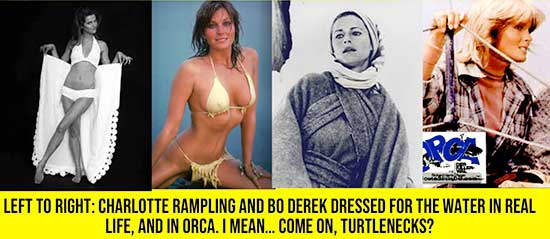 Shout Factory released a great looking, but bare bones Blu Ray of Orca. I’d place this film squarely in the “Catch it on VOD” category, if only for the solid effects work and Richard Harris’s earnest performance. Fun Fact: Exploitation film buffs owe a debt to Irish actor Richard Harris. His 1970 hit film, A Man Called Horse provided the inspiration for Cannibal Holocaust and all its gut munching imitators.
Shout Factory released a great looking, but bare bones Blu Ray of Orca. I’d place this film squarely in the “Catch it on VOD” category, if only for the solid effects work and Richard Harris’s earnest performance. Fun Fact: Exploitation film buffs owe a debt to Irish actor Richard Harris. His 1970 hit film, A Man Called Horse provided the inspiration for Cannibal Holocaust and all its gut munching imitators.
And… if you’re really ravenous for man eating aquatic creatures check out my novel PRIMEVAL WATERS, published by Severed Press and available on Amazon. There’s even a new audio book version for all you Audible users.
 Horror News | HNN Official Site | Horror Movies,Trailers, Reviews
Horror News | HNN Official Site | Horror Movies,Trailers, Reviews
